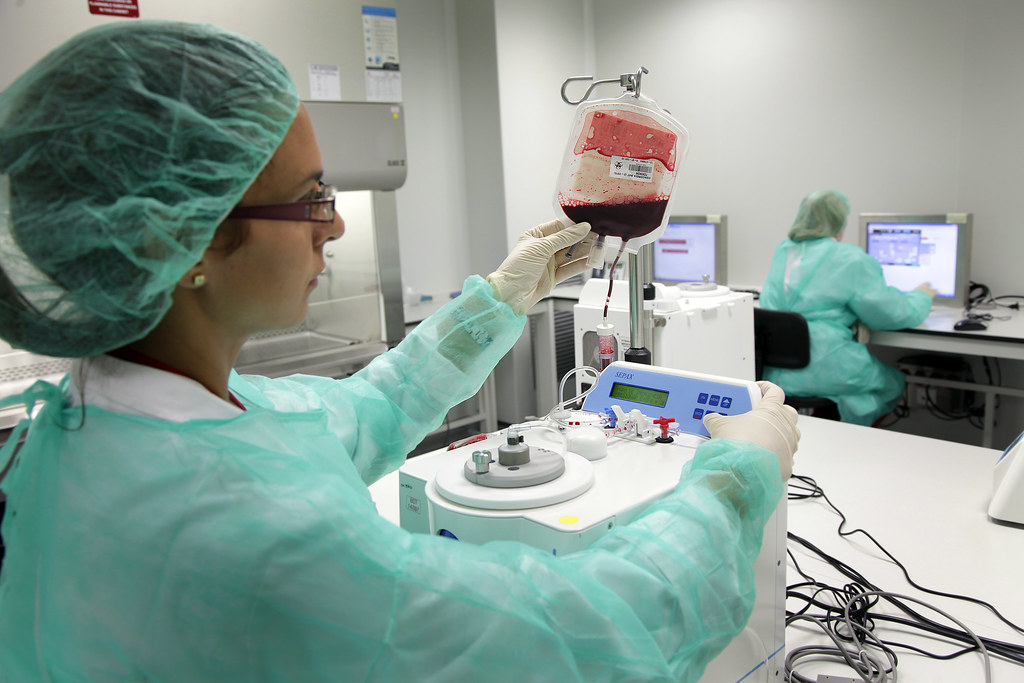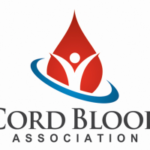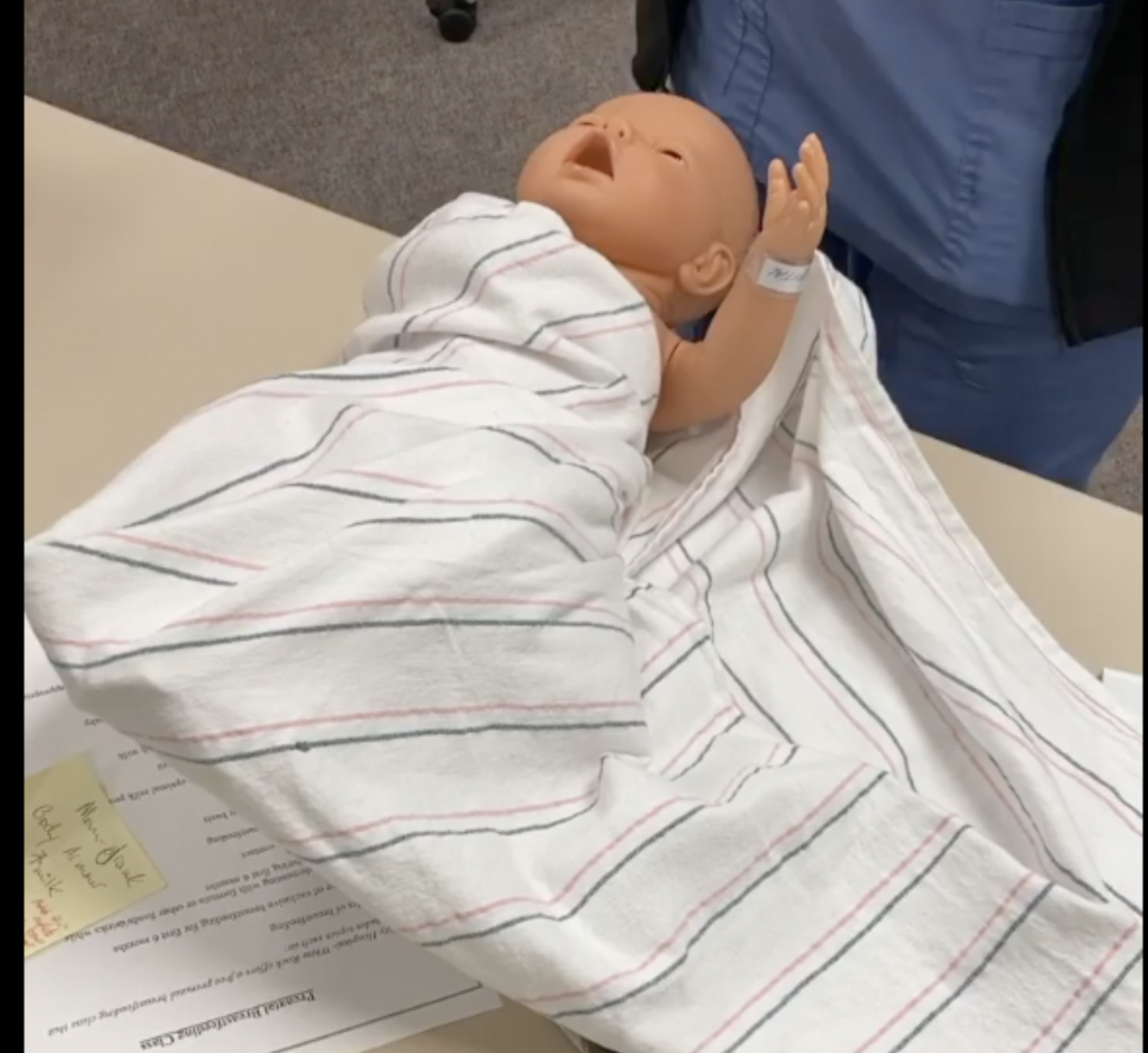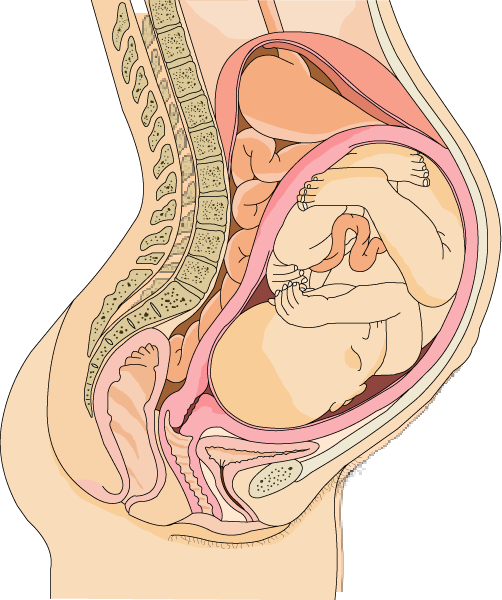Cord Blood Donation:
Cord Blood Donation – A Guide For Parents By Karen Ballen, MD, and Arthur Flatau, PhD

How can I donate cord blood to a public cord blood bank?
As explained in previous installments in this series, parents who are getting ready for the birth of a baby. Have several options for the blood within the umbilical cord and placenta. Generally, is a rich source of stem cells for treating a wide range of diseases.
Instead of discarding the umbilical cord blood as medical waste, they can;
This article looks specifically at donations.
Thousands of patients have received a second chance at life. Because families around the world have made the generous decision to donate their baby’s cord blood to a public bank. The steps are easy, but they do vary somewhat from country to country.
When should the decision be made?
Between the 28th and 34th week of your pregnancy, talk to your obstetrician or other health care provider. About your interest in donating your baby’s cord blood.
Information about donating cord blood in the United States can be found on the “Be The Match” website. Which is maintained by the National Marrow Donor Program. The website provides donation guidelines and lists U.S. hospitals that collect cord blood for public use.
Similar information is also available for many other countries at the Parent’s Guide to Cord Blood Foundation website at https://parentsguidecordblood.org/en.
Unfortunately, not every hospital offers cord blood donation.
Is donating cord blood safe?
Cord blood donation is completely safe for the mother and her baby. No blood is taken from the baby. It’s only taken from the umbilical cord itself. After the baby is born and after the cord, it clamped and cut. The mother’s labor and delivery are not affected.
What does it cost?
There is no fee to donate to a public cord blood bank. There also are no collection or storage costs. The blood is processed and frozen at a cord blood bank. Where it is stored and available for anyone in need of a transplant.
Characteristics of the donated blood are listed in an international registry. So that it can be located by anyone who is a close biological match.
Are donations confidential?
Yes. The identity of you and your child are kept confidential. Your baby’s cord blood will be labeled with a number, not your child’s name.
How important are public donations?
Patients from diverse racial and ethnic backgrounds often have a more challenging time finding a suitably matched donor. Adding donated cord blood from diverse communities to the banks and registries. Increases the likelihood that every patient will find a life-saving match.
In our final installment in this series, we will look at private family banking. As well as provide other authoritative sources.
NEXT ARTICLE: CORD BLOOD BANKING FOR PRIVATE FAMILY USE
 Karen Ballen, MD, a hematologist/oncologist at the University of Virginia Health System. Who does cord blood research and whose articles about cord blood therapies frequently appear in medical journals. Also, Arthur Flatau, Ph.D., who is a leukemia survivor is chair of the Cord Blood Association Public Education Committee.
Karen Ballen, MD, a hematologist/oncologist at the University of Virginia Health System. Who does cord blood research and whose articles about cord blood therapies frequently appear in medical journals. Also, Arthur Flatau, Ph.D., who is a leukemia survivor is chair of the Cord Blood Association Public Education Committee.
Join us over at the PB Moms Exclusive Circle. Where we invite healthcare experts to prepare us for life after childbirth and motherhood. Go to: pregnancybeyond.com/exclusive-circle.
Follow PregnancyBeyond on Instagram, Facebook, and Twitter.
Image Credit: Flicker




